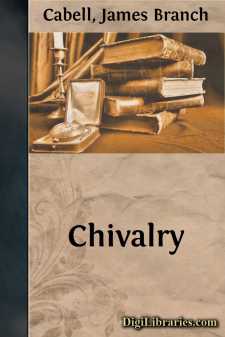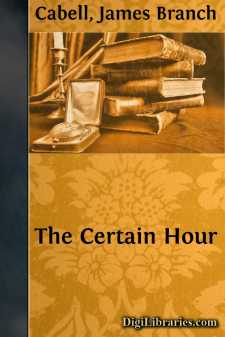Categories
- Antiques & Collectibles 13
- Architecture 36
- Art 48
- Bibles 22
- Biography & Autobiography 813
- Body, Mind & Spirit 142
- Business & Economics 28
- Children's Books 15
- Children's Fiction 12
- Computers 4
- Cooking 94
- Crafts & Hobbies 4
- Drama 346
- Education 46
- Family & Relationships 57
- Fiction 11829
- Games 19
- Gardening 17
- Health & Fitness 34
- History 1377
- House & Home 1
- Humor 147
- Juvenile Fiction 1873
- Juvenile Nonfiction 202
- Language Arts & Disciplines 88
- Law 16
- Literary Collections 686
- Literary Criticism 179
- Mathematics 13
- Medical 41
- Music 40
- Nature 179
- Non-Classifiable 1768
- Performing Arts 7
- Periodicals 1453
- Philosophy 64
- Photography 2
- Poetry 896
- Political Science 203
- Psychology 42
- Reference 154
- Religion 513
- Science 126
- Self-Help 84
- Social Science 81
- Sports & Recreation 34
- Study Aids 3
- Technology & Engineering 59
- Transportation 23
- Travel 463
- True Crime 29
The Line of Love Dizain des Mariages
Description:
Excerpt
ROBERT GAMBLE CABELL I
"He loved chivalrye,
Trouthe and honour, fredom and curteisye.
And of his port as meek as is a mayde,
He never yet no vileinye ne sayde
In al his lyf, unto no maner wight.
He was a verray parfit gentil knyght."
Introduction
The Cabell case belongs to comedy in the grand manner. For fifteen years or more the man wrote and wrote—good stuff, sound stuff, extremely original stuff, often superbly fine stuff—and yet no one in the whole of this vast and incomparable Republic arose to his merit—no one, that is, save a few encapsulated enthusiasts, chiefly somewhat dubious. It would be difficult to imagine a first-rate artist cloaked in greater obscurity, even in the remotest lands of Ghengis Khan. The newspapers, reviewing him, dismissed him with a sort of inspired ill-nature; the critics of a more austere kidney—the Paul Elmer Mores, Brander Matthewses, Hamilton Wright Mabies, and other such brummagem dons—were utterly unaware of him. Then, of a sudden, the imbeciles who operate the Comstock Society raided and suppressed his "Jurgen," and at once he was a made man. Old book-shops began to be ransacked for his romances and extravaganzas—many of them stored, I daresay, as "picture-books," and under the name of the artist who illustrated them, Howard Pyle. And simultaneously, a great gabble about him set up in the newspapers, and then in the literary weeklies, and finally even in the learned reviews. An Englishman, Hugh Walpole, magnified the excitement with some startling hochs; a single hoch from the Motherland brings down the professors like firemen sliding down a pole. To-day every literate American has heard of Cabell, including even those presidents of women's clubs who lately confessed that they had never heard of Lizette Woodworth Reese. More of his books are sold in a week than used to be sold in a year. Every flapper in the land has read "Jurgen" behind the door; two-thirds of the grandmothers east of the Mississippi have tried to borrow it from me. Solemn Privat Dozenten lecture upon the author; he is invited to take to the chautauqua himself; if the donkeys who manage the National Institute of Arts and Letters were not afraid of his reply he would be offered its gilt-edged ribbon, vice Sylvanus Cobb, deceased. And all because a few pornographic old fellows thrust their ever-hopeful snouts into the man's tenth (or was it eleventh or twelfth?) book!
Certainly, the farce must appeal to Cabell himself—a sardonic mocker, not incapable of making himself a character in his own revues. But I doubt that he enjoys the actual pawing that he has been getting—any more than he resented the neglect that he got for so long. Very lately, in the midst of the carnival, he announced his own literary death and burial, and even preached a burlesque funeral sermon upon his life and times. Such an artist, by the very nature of his endeavors, must needs stand above all public-clapper-clawing, pro or con. He writes, not to please his customers in general, nor even to please his partisans in particular, but to please himself....












